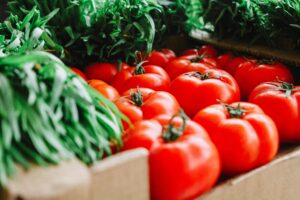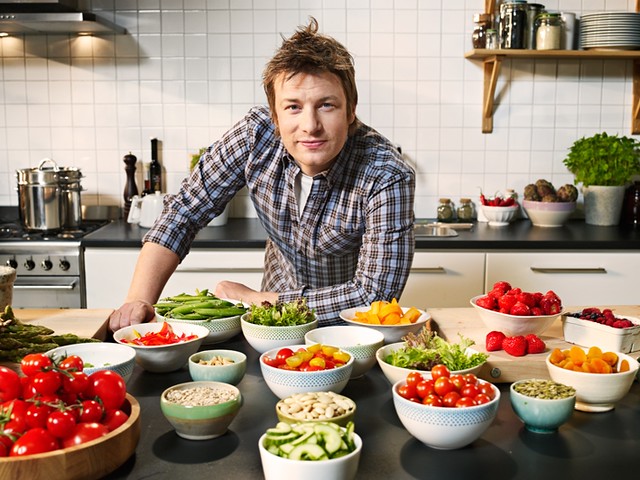There are revolutions that roar through the streets, and then there are quieter ones, fought in kitchens, classrooms, and over plastic trays of soggy chips. Jamie Oliver’s school food revolution belonged to the latter, a battle waged not with banners or megaphones, but with roast chicken, fresh vegetables, and an unshakable belief that children deserve better.
Back in the early 2000s, British school dinners had fallen into a sorry state. Think turkey twizzlers and chips five days a week and vegetables boiled into grey submission. It wasn’t food so much as fuel, the sort of stuff that kept kids upright but offered little nourishment for their growing bodies or curious minds. Parents complained, teachers looked the other way, and children, of course, gobbled it down without question. It was, after all, all they knew.

Then came Jamie. Bursting onto screens with his Essex twang and his flair for making food look both effortless and joyous, he seemed an unlikely revolutionary. But what he saw in school kitchens horrified him. Meals stripped of nutrients, kitchens stripped of cooks (many schools relied on reheating processed meals rather than cooking from scratch). To him, this wasn’t just laziness; it was an assault on children’s futures.
So he did what Jamie Oliver always does: rolled up his sleeves, stormed into kitchens, and made a spectacle of himself. The cameras followed him as he banged pans, challenged headteachers, and cooked fresh meals in real time for astonished students. He was met with resistance; children booed broccoli, parents smuggled crisps through school gates, but Jamie pushed on.

What made his revolution powerful wasn’t just the drama of TV; it was the data behind it. Studies later showed that schools adopting healthier meals saw improved concentration and behavior. Teachers noticed the difference. And for the first time in decades, the national conversation shifted. Parents were suddenly asking what was in the chips. Politicians were forced to respond.
Jamie Oliver didn’t single-handedly transform school dinners across Britain, but he lit a spark. His campaign nudged the government into action, inspired countless headteachers to rip up old menus, and reminded families that what we feed our children matters as much as what we teach them.

Looking back now, it feels like a moment when food became more than food; it became politics, care, and love all rolled into one. Jamie, in his slightly chaotic, loveable way, reminded us that a plate of food can be a statement, a protest, or a promise.
And that’s why his school food revolution still lingers in our cultural memory. Not because it was perfect (it wasn’t), but because it proved that sometimes the simplest idea, feeding children real food, is the most radical of all.
